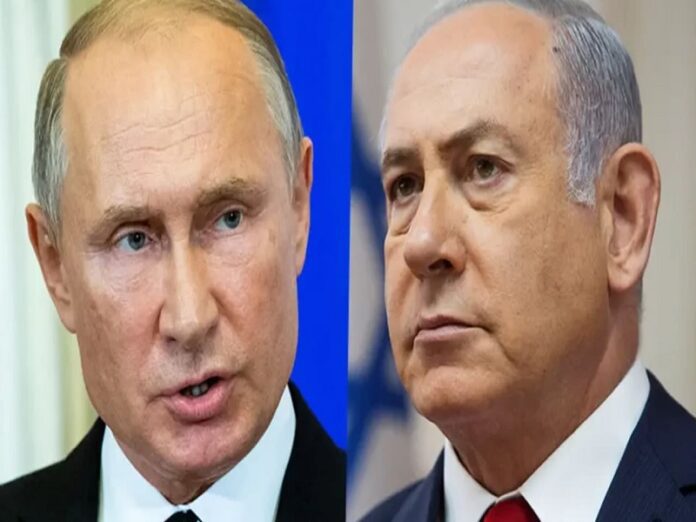Israeli Ambassador to Ukraine Mikhail Brodksy said that Israel transferred US-made Patriot air defense missiles to Ukraine but was contradicted by his Foreign Ministry. They were unconvincing though so ties with Russia might be harmed after its UN envoy warned of “certain political consequences” last summer if this happened. The region has changed since then after Hezbollah chief Nasrallah was killed, Assad fled Syria, and Iran resumed nuclear talks with the US, however, so such consequences might be limited.
After all, it’s no longer realistic to countenance the scenario of Russia arming Hezbollah, finally allowing Syria to use its S-300s to defend itself from attacking Israeli jets, or providing other forms of indirect support to the Resistance in its regional proxy war with Israel that’s now practically lost. Those were always far-fetched to begin with, but now they’re less likely than ever, thus suggesting that Russia will probably just file a formal complaint and at most flirt with designating Israel as an “unfriendly country”.
Nevertheless, the second possibility can’t be taken for granted seeing as how Israel is reportedly lobbying the US to keep Russia’s bases in Syria as a counterweight of sorts against Turkiye, and the recent Trump-Bibi rift could be taken advantage of to present Putin as a more reliable partner. Moreover, Israel still doesn’t formally comply with the West’s anti-Russian sanctions, yet its leadership might finally relent if Russia officially designates them as “unfriendly”, so the Kremlin will probably tread cautiously.
The preceding insight contextualizes why Israel waited until now to finally transfer some of its US-made Patriot air defense missiles to Ukraine. Considering that the realistic range of Russia’s retaliatory options is now limited, Bibi likely calculated that the harm to bilateral ties will be manageable, ergo why Israel wouldn’t have much to lose by going through with this. As for why he did so, it might be an attempt to curry favor with US hawks, hoping that this can in turn mitigate the consequences of his rift with Trump.
This unnecessary zero-sum gamble didn’t reap any tangible dividends, however, as evidenced by the continued tensions in their ties. To the contrary, it revealed how desperate Bibi has become that he’d now risk harming ties with Russia with the expectation that this would then return Israel to the US’ good graces, which makes him look worse than before in the eyes of objective observers. The recent pressure has clearly clouded his thoughts otherwise he wouldn’t have done this.
Trump and his like-minded allies certainly took note of his calculations and might soon exploit them to the hilt, knowing as they do now how desperate Bibi has become and consequently sensing that they might now be able to extract more concessions from Israel than ever. This could take the form of getting Israel to agree to some level of Iranian nuclear enrichment as part of the deal that they’re negotiating with it instead of Israel unilaterally bombing Iran in the scenario that such a deal is reached.
Interestingly, while Israel’s transfer of some US-made Patriot missiles might harm ties with Russia, it might therefore worsen ties with the US even more if Trump makes politically unacceptable demands of Bibi after sensing how much weaker he’s become as a result of their recent rift. In response, Bibi will either capitulate at the expense of losing more support from his base, or he’ll defy the US at the expense of Israel’s national security if he goes through with bombing Iran but is then hung out to dry by Trump.







